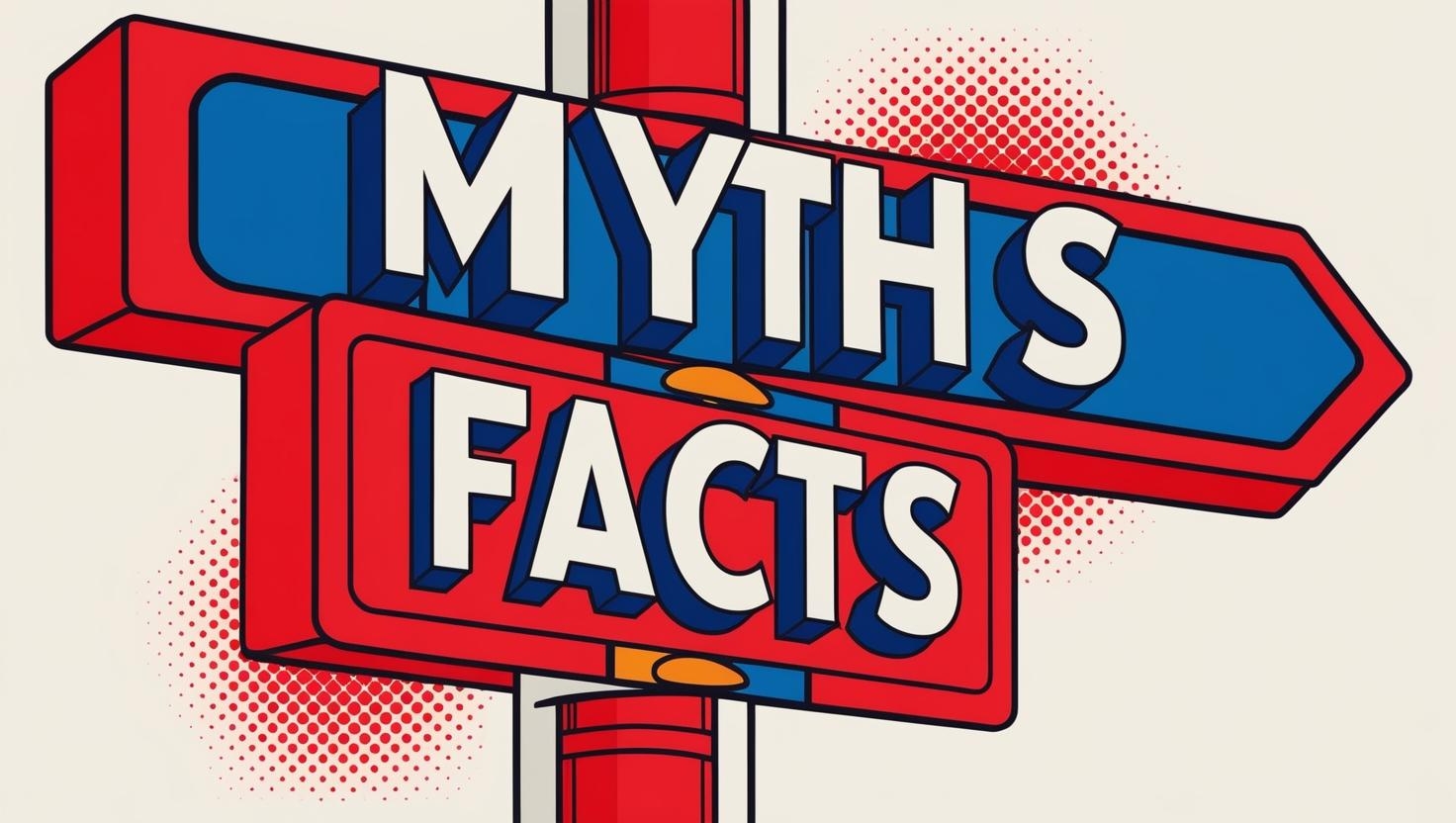Bolder marketing. Done proppa. Always different.
Remember when you were five, and the world was your playground? You scribbled outside the lines. Built brave new worlds out of cardboard boxes. And never asked permission to imagine.
At Brevity, we tap into that bold, fearless creativity. We embrace the weirdness because let’s face it, we don’t play enough as adults – and we should.
Remember when you were five, and the world was your playground? You scribbled outside the lines. Built brave new worlds out of cardboard boxes. And never asked permission to imagine.
At Brevity, we tap into that bold, fearless creativity. We embrace the weirdness because let’s face it, we don’t play enough as adults – and we should.

Achieve your goals with purpose & strategy
Cut through the noise. Own your space.
What we offer
Whether you’re looking for business growth, launching something new or need fresh fire in your belly – we’re here with the spark and energy.
Forget fitting in. Make waves.
Find out first hand what it’s like to work with ‘not your typical’ marketing agency.
Call us: Monday to Friday : 9 am – 5 pm
+44 (0) 1256 536 000

Latest news & insights
Read the latest news and insights from Brevity Marketing



